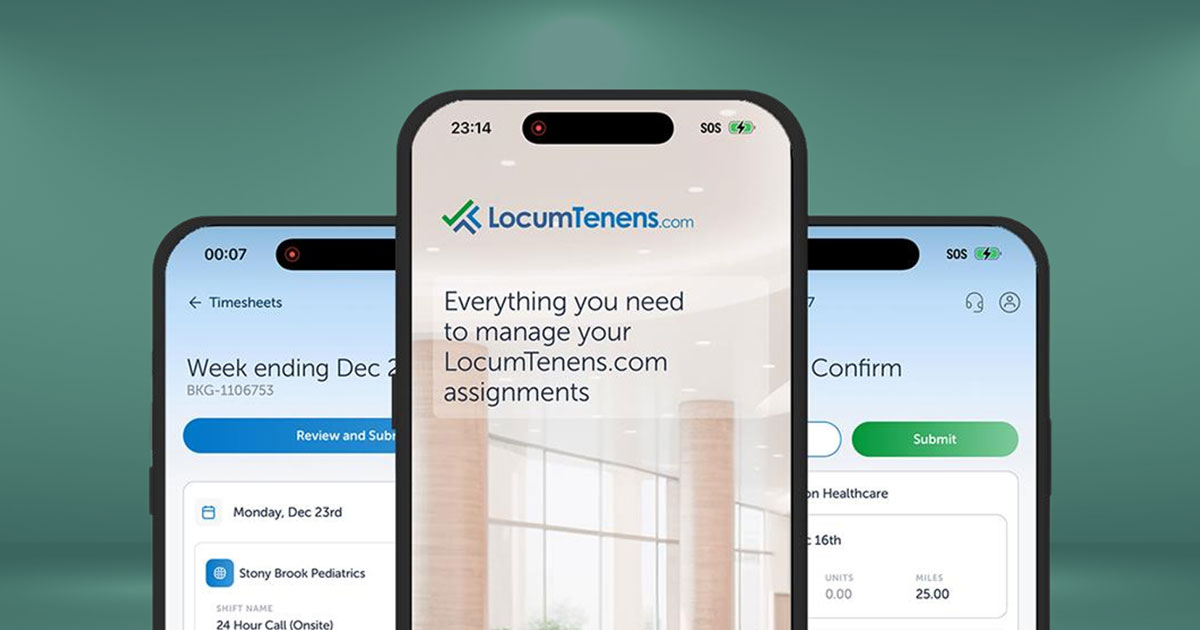An Interview with Monique Manderson, PMHNP (Part III)
NOTE: Monique's interview is a three part blog series. Be sure to check out the rest of the series (Part I, Part II)
What is the biggest difference between working at a forensic psychiatric hospital and other facilities where you’ve working in the past?
The biggest difference is the level of security that needs to be here because of the nature of the facility. It’s a hospital by definition, but it doesn’t feel acute because there's actually time to treat the patients. Some are here for weeks or even years. It’s not a fast-paced, stressful hospital type situation. You truly feel like you’re part of a treatment team here, and there’s excellent collaboration between all staff. When I first started this assignment, it was a little bit intimidating for me. But what I quickly realized is you’re not making decisions by yourself because the environment is so collaborative. There’s an office assistant who will guide you through reports and make sure you understand the court terminology. If you’re someone who is willing to learn, this is a good place to be. You’re not just flying by yourself or on an island by yourself. Although I was not a new NP, I was new to forensics. But the hospital administrator has always been very accessible.
What advice would you share with someone who is considering working a forensic psychiatric assignment? What about a rural assignment?
Try it. Just try it.
Do your research about the area, and proceed with the assignment as long as your needs are getting met. Keep in mind rural medicine and forensics are two separate things. But whether your assignment is rural, forensics or both, you’ll meet great people and people who really need your services. Accepting this assignment was the best decision I ever made. I have acquired skills that will benefit me whether or not I am at a forensic facility in the future. My vigilance has increased, my ability to assess has improved even more. I really get to be a leader here, and I would say my role as a leader of a treatment team was really defined by coming here. The people regard what you bring to the table. You have full autonomy to practice. You are safe.
What has been your most rewarding patient experience while on assignment at your current facility?
There’s often a misconception that it will be hard to make an impact in this kind of environment, or hard to reach a certain type of patient because of mental illness. I don’t believe that’s true. I had one patient come in from jail. He was hearing voices, agitated, not medicated in jail and non-compliant. He had a long history of recidivism and was in and out of hospitals. Once this patient signed consent for medication, we started treating him at a low dose. His aggression continued. I had not seen this type of verbal and physical aggression in mania before, and this patient would not let me titrate his medication. Then, his paranoia ensued. It was up to the treatment team to try and knock down the walls of paranoia so we could successfully treat him.
After he had been there for six weeks, the patient knocked at my door. He said, “You’re right; my medication needs adjustment.” He also shared he had been having other symptoms, so we were able to adjust his medication, and his symptoms began to and continued to get better. We were even able to treat all of his symptoms without triggering other concerns he had about being on medication. Eventually, he was approved to return to court. My facility receives patients who are not fit to stand trial. Our goal is to treat them so they can interplay with the penal system or receive evaluations to be deemed not guilty by reasons of insanity. After receiving proper treatment, this patient returned to clinical baseline, which meant he was able to return to court to remedy his charges. I believe this patient’s story is a success story, because many patients are not well enough at clinical baseline to stand trial. This patient’s story demonstrates what can be accomplished when there’s mutual trust between a patient and a provider.





